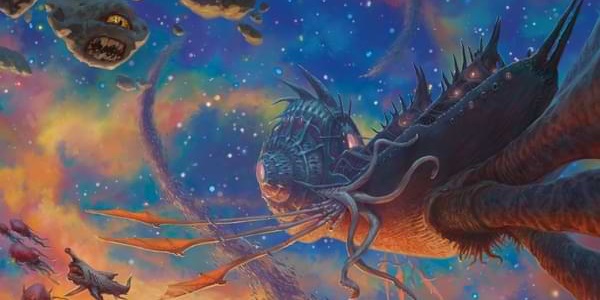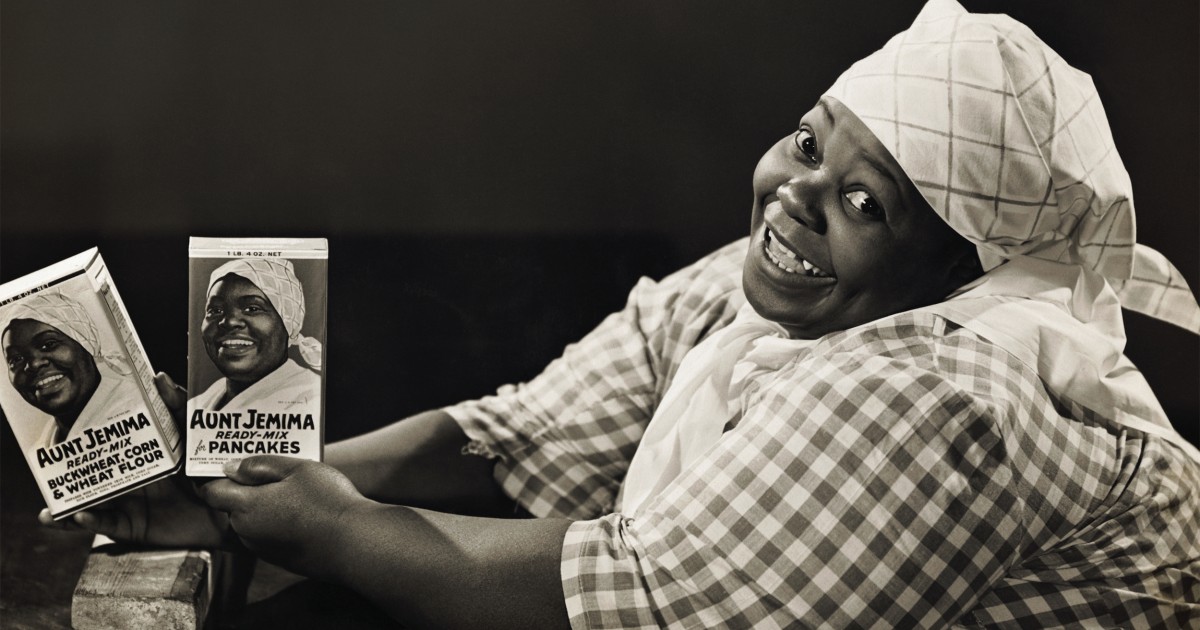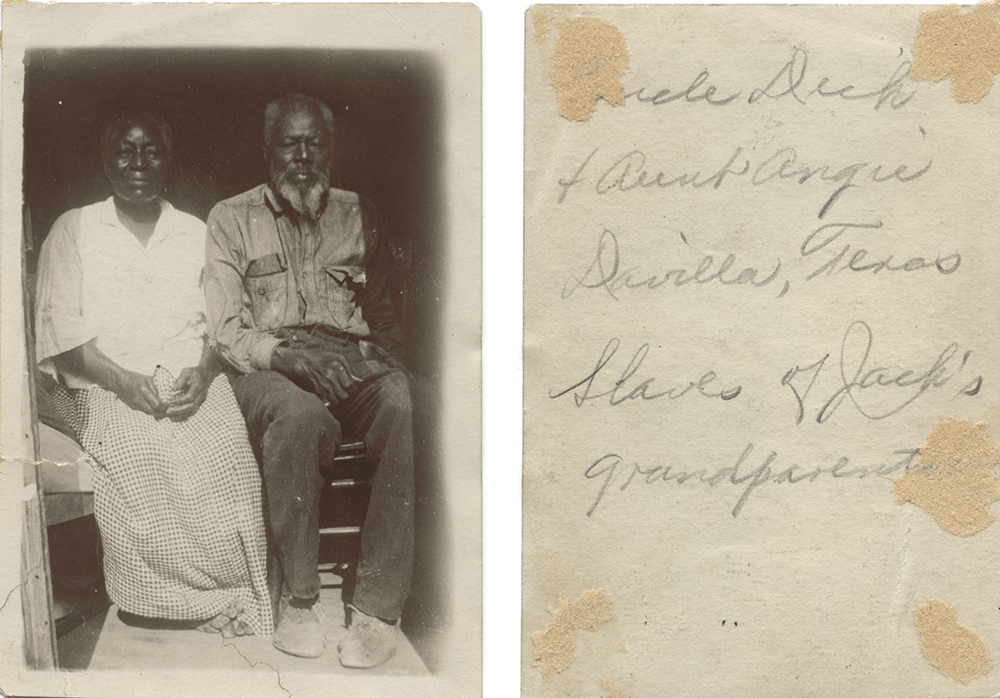I don't know who Aunt Jemmima is, but there is an American brand called "Uncle Ben's" that produces rice. The iconic Black person on the package was perceived as a sign of American progressism to feature a Black person who wanted to provide us the best rice of the world (as apparently the US are producing rice, but why not) that doesn't stick when overcooked, instead of using a White person as the company's logo. Removing it recently felt very backward and less inclusive, with people commenting "hey, that's very racist to remove the image of an affluent Black person that everyone knows and that has absolutely no offensive reference". (Because of course nobody associated "wearing a jacket like any exec" with "being a manservant"... in the ads he was just appearing to be owning a large mansion like the top 1% with many cars parked in front). Especially since they gave him an American accent, reinforcing the association (American = rich).
Of course, the intent was to remove the idea that he was just the butler of an unseen and probably white owner, but as they didn't explicitely mentionned he was a butler, there was no way to asssociate that... outside of a culture where "well-dressed Black person" = "imagery of a servant", that apparently motivated his removal percieved as offensive, especially coupled with the name, because there was some problem with being called Ben. Where the most famous Bens are Ben Affleck and Ben Kenobi, and generally stands as the diminutive form of Benjamin, which is more prevalent in affluent families, the name was absolutely not seen as something problematic and the move to remove the image of a successful Black business owner in rice industry was seen as really puzzling. A move that made sense within a certain cultural framework didn't translate at all in another.

 www.dndbeyond.com
www.dndbeyond.com



